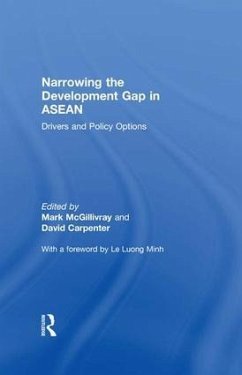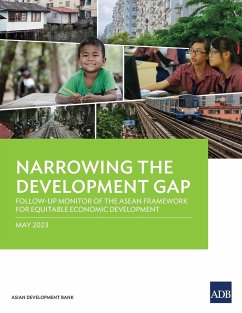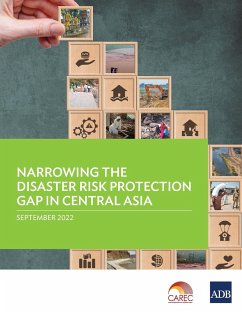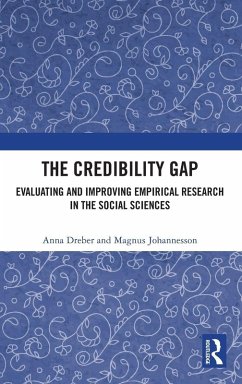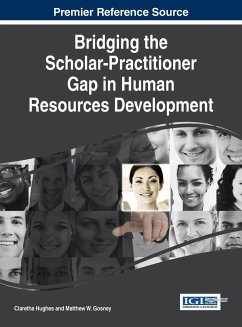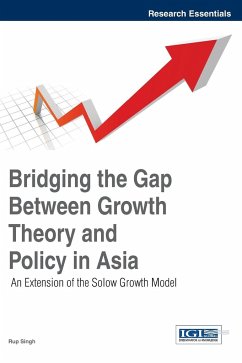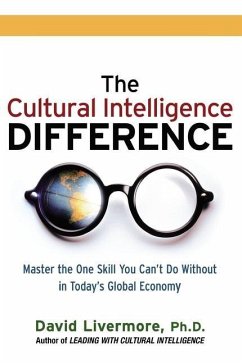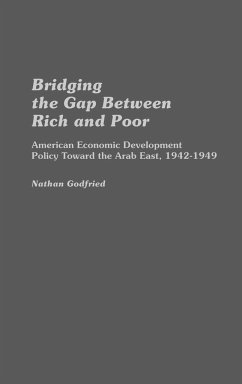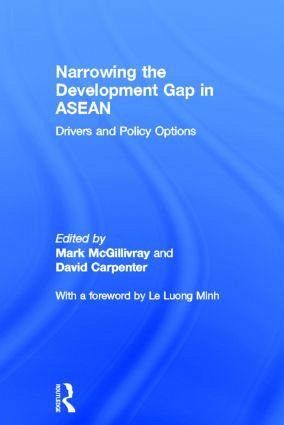
Narrowing the Development Gap in ASEAN
Drivers and Policy Options
Herausgeber: McGillivray, Mark; Carpenter, David
Versandkostenfrei!
Versandfertig in 1-2 Wochen
178,99 €
inkl. MwSt.
Weitere Ausgaben:

PAYBACK Punkte
89 °P sammeln!
An important part of the vision of the Association of Southeast Asian Nations (ASEAN) is to ensure that the benefits of development and economic integration are equitably shared by all member states and their citizens. ASEAN's work therefore aims to narrow the development gap between ASEAN member states (Indonesia, Malaysia, the Philippines, Singapore, Thailand, Brunei Darussalam, Myanmar, Cambodia, Laos and Vietnam) and between sub-regions within ASEAN. Written by a team of internationally recognised experts in development economics, this book communicates the latest findings on narrowing the development gap in a practical, policy-relevant way, in a format that can influence decision makers within ASEAN member states and international donors. There have been significant development achievements in many ASEAN countries over the last 20 years, but the ASEAN region continues to be characterised by significant development gaps, particularly in income. Gaps in development achievement are also seen at the regional and sub-national levels. This book offers a better understanding of development gaps, as they exist in 2012, and provides important context that can inform the strategic needs of decision makers in the ASEAN region. Due to improvements in conceptualising and measuring well-being, including through the use of multidimensional indicators, this book gives policy makers and scholars in development economics, development policy and Asian studies well-grounded insights into the nature of the development gaps within and between ASEAN countries as well as high-level policy advice on those interventions that can contribute to a narrowing of the development gap.
There have been significant development achievements in many ASEAN countries over the last 20 years, but the region continues to be characterised by considerable development gaps, particularly in income. This timely book offers a better understanding of these gaps and communicates the very latest strategies that ASEAN member states decision makers and international donors can adopt to narrow the gaps in a practical, policy-relevant way. With the benefit of improved poverty and well-being measurements, this book gives policy makers and scholars in development economics, development policy and Asian studies well-grounded insights into the nature of the development gaps.





